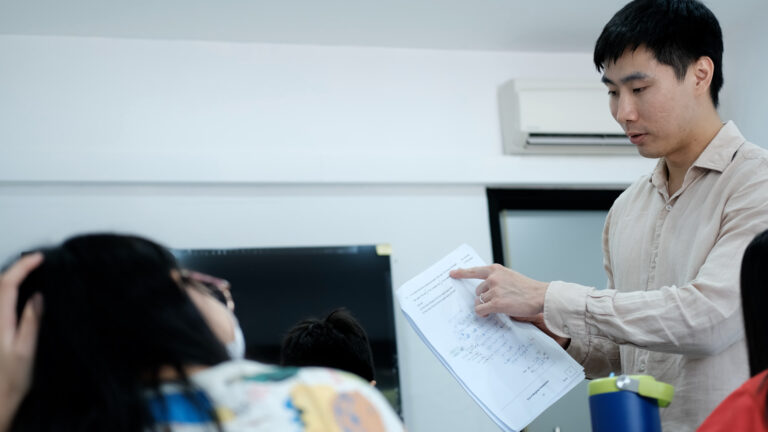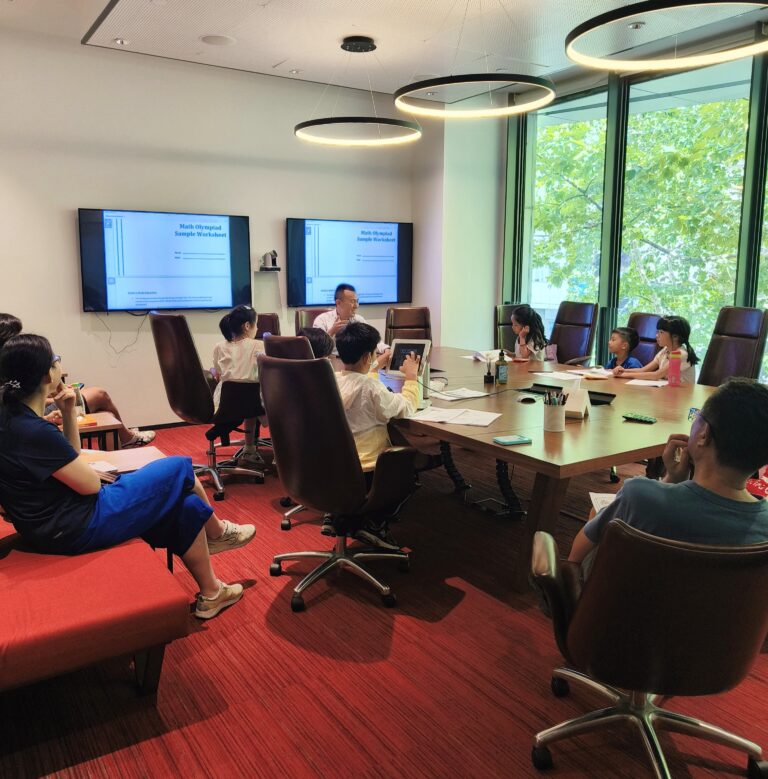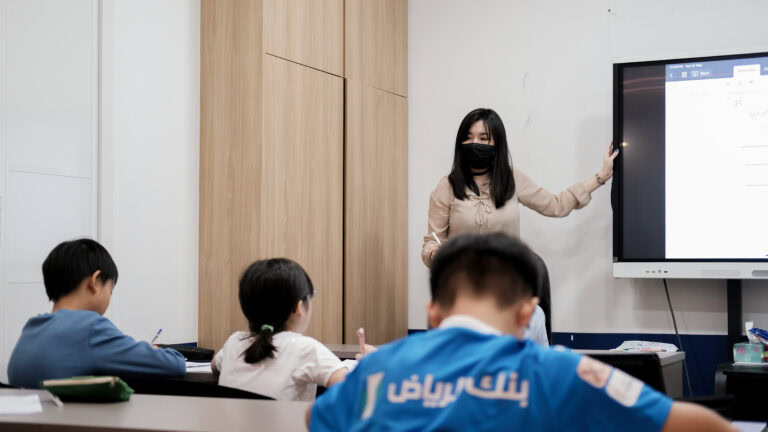
One Month before the PSLE – What Should Your Child Do?
Only a month is left between your child and the PSLE. How should you best prepare your child for the all-important exam? We give you tips and more in our most recent blogpost.

Only a month is left between your child and the PSLE. How should you best prepare your child for the all-important exam? We give you tips and more in our most recent blogpost.

The 2024 PSLE Science paper followed familiar patterns—but as always, standing out required more than just recalling facts. While the overall difficulty level was moderate and within expectations for most students and parents, the ability to distinguish oneself as an…

As educators, we’re often asked what makes a child succeed—not just in exams, but in life. Is it intelligence? Hard work? Natural talent? My belief is this: it’s not about being the smartest in the room. It’s about learning how…

On April 4th, 2025, MOE published a commentary titled, “PSLE: Will removing it make it less stressful for our students?” It touched on all the expected points—academic pressure, inclusiveness, social mobility. And to be fair, these are critical conversations worth…

The 2024 PSLE Math paper was, by most accounts, an easier one compared to previous years. But as always, success wasn’t just about knowing formulas—it was about spotting patterns, applying the right heuristics, and managing time effectively. Let’s break down…